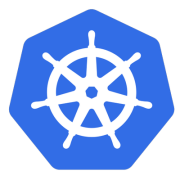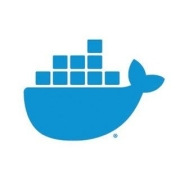Container Management streamlines the deployment and scaling of applications by utilizing container technologies, enabling efficient resource usage and consistent environment setups.
Docker and Kubernetes are leaders in Container Management, driving innovation in cloud-native architecture. They offer support for orchestration, scalability, and container networking, helping organizations move towards microservices. Real user feedback often highlights the reliability and flexibility that these technologies offer, which allows development teams to focus more on coding rather than infrastructure complexities.
What are the critical features of Container Management solutions?In the finance sector, Container Management enables rapid deployment of new services, enhancing flexibility in response to market changes. In retail, solutions help manage inventory systems under fluctuating demand by scaling resources as needed.
These technologies are indispensable for organizations seeking to modernize IT infrastructure, delivering consistency and efficiency. They allow teams to deploy applications reliably across different environments, enhancing digital transformation initiatives.





































The purpose of container management is so that systems can work more efficiently. At some point the number of containers becomes too vast for an IT team to handle, and a container management system becomes imperative.
Effective container management helps keep environments more secure and also makes it more flexible and easier to develop new apps.
Container management also offers automation enabling developers to keep up with rapid changes.
Container Management solutions enable your applications to scale seamlessly by allowing the efficient allocation of resources and automated orchestration of containers. These solutions manage your containers, handling load balancing and scaling across various environments. You can focus on deploying applications while the system ensures they adapt to demand changes, ensuring reliable performance and optimized infrastructure usage.
What security features should you look for in a Container Management solution?When evaluating Container Management solutions, prioritize those offering robust security features such as image scanning, vulnerability detection, and runtime protection. Look for solutions that provide role-based access controls, secure communication between containers, and compliance monitoring. These features safeguard your containerized applications against potential threats and help maintain compliance with industry standards.
How does Container Management affect resource utilization?Container Management optimizes resource utilization by efficiently distributing workloads across available hardware. By isolating applications into containers, you can maximize server capacity and reduce idle resources. The orchestration capabilities ensure that containers are allocated optimal resources, leading to higher efficiency and reduced costs in managing IT infrastructure.
Can Container Management facilitate hybrid cloud deployments?Yes, Container Management is instrumental in hybrid cloud deployments by providing a consistent platform for developing, deploying, and managing applications across different cloud environments. It abstracts away the complexities of different infrastructures, allowing seamless integration and migration between on-premises and cloud resources, ensuring flexibility and continuity in your hybrid cloud strategy.
What role does automation play in Container Management?Automation in Container Management significantly enhances operational efficiency by automating tasks such as provisioning, scaling, load balancing, and updating containers. By leveraging automation tools within Container Management systems, you reduce manual intervention, minimize errors, and speed up deployment cycles, ensuring your applications are delivered faster and maintained consistently.